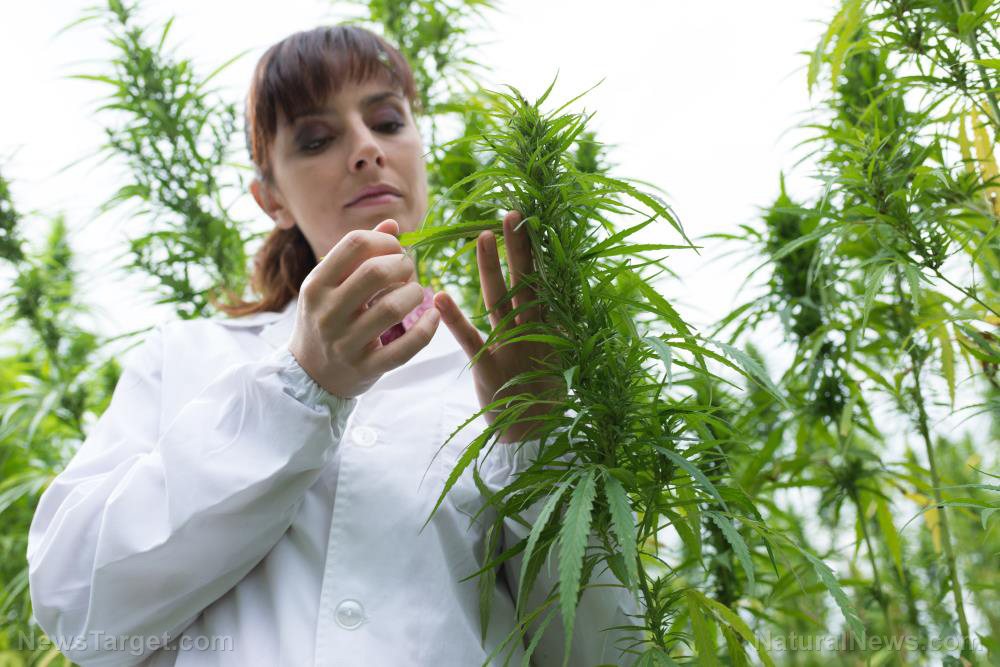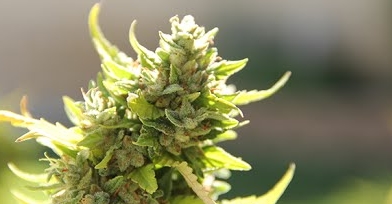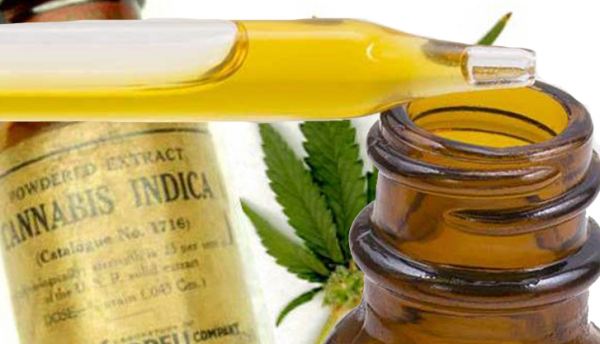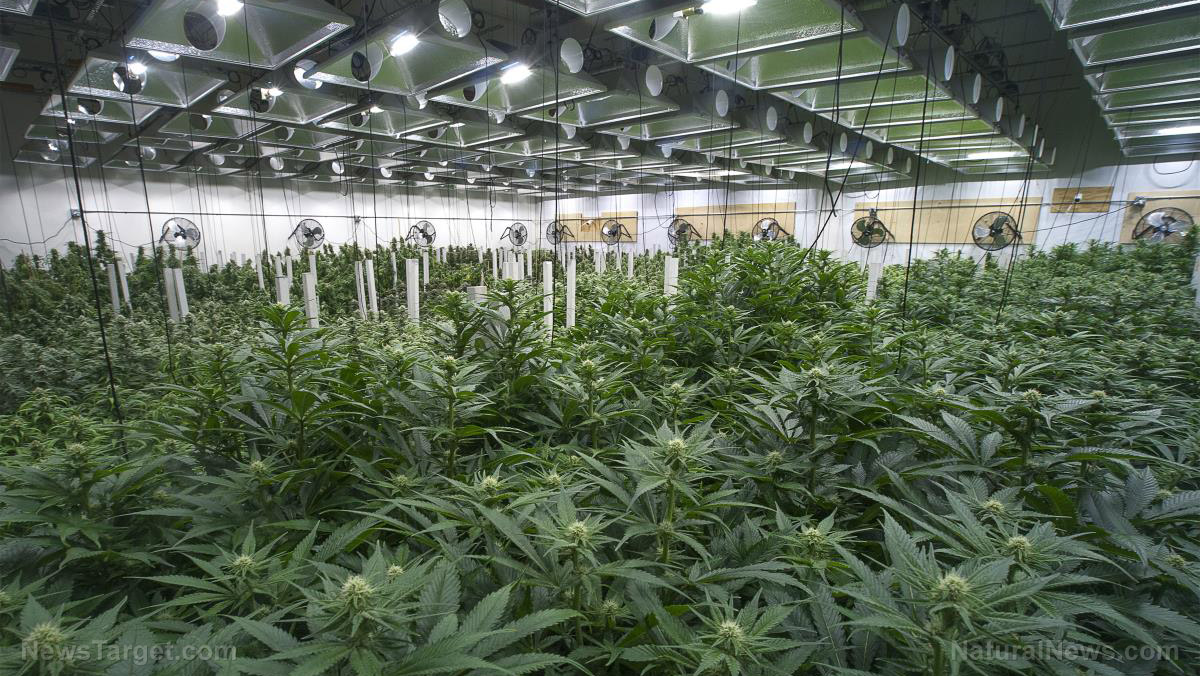Marijuana: The Privileged Drug
10/13/2016 / By medicalmarijuanaupdate

A review last week by the Washington Post shows a statistically insignificant majority in favor of legalizing so-called “recreational” marijuana in the five states that will be voting on it on election day: California, Massachusetts, Nevada, Maine, Arizona. The five states were obviously specifically selected by the pot lobby as the next to join the Portlandia states of Oregon and Washington, as well as libertarian Alaska, and the new spring-break destination Colorado as the only states to completely decriminalize marijuana. But even in liberal avatars California and Massachusetts, the percent in favor at this time is only 52 and 53 percent, respectively. Nevada, with Vegas, its moral capital of “whatever,” has the highest margin at 57 percent. But the last state, Ohio, to vote on complete legalization soundly defeated it by a vote of 64 percent last year.
Article by Thomas Ascik
In addition, Arkansas and Florida will vote on “medical” marijuana. If passed, they would join twenty-five other states and DC that allow medical marijuana.
If California, the nation’s most populous state, decriminalizes marijuana, the stage will be set for a campaign to have the federal government do so. So, it is good to recall or set out clearly the transformation of a drug from one still included in federal law in the same category as hallucinogens to a “medicine” to a “recreation.”
Since 1938, all drugs have had to be approved by the Food and Drug Administration (FDA) for safety. In 1962, Congress additionally required all manufacturers of drugs to prove both the effectiveness and the safety of new drugs before the drugs are marketed.
In 1996, California became the first state to approve medical marijuana, followed by Oregon, Washington, and Alaska in 1998, and Hawaii, Vermont, and Rhode Island in the early 2000s. Thus, marijuana immediately became a question for the FDA. Is marijuana safe? Is medical marijuana an effective “medicine?” As the medical-marijuana bandwagon began to roar down American roads, the FDA in 2006, responding to “the growing number of states” that have acted on medical marijuana and noting “efforts that seek to bypass the FDA drug approval process,” made the unequivocal statement that “no sound scientific studies supported medical use of marijuana for treatment for general medical use” “There are alternative FDA-approved mediations” the FDA said, “in existence for treatment of many of the proposed uses of smoke marijuana.” The FDA has never wavered from that conclusion and reiterated it again this year.
So, this was a major problem for the growing marijuana movement in the states. The public agency with comprehensive national authority over the safety and efficacy of all drugs was saying that marijuana was neither. To the rescue came the Republican-controlled Congress in league with the Obama administration. In 2014, a provision of law, hidden in typical fashion in a large spending bill, was enacted prohibiting all federal agencies, including the FDA and federal law enforcement agencies, from both enforcing federal criminal law about medical marijuana and federal regulatory law about the drug’s safety and efficacy in the states – a remarkable bipartisan agreement about “states’ rights.”
The result is that marijuana is the only powerful drug that goes unregulated. Tobacco, also regulated by the FDA, obviously has no such immunity. In June of this year, the FDA, effectively deciding that sodium is a kind of drug, released “nonbinding” guidelines to the food industry “ to reduce sodium intake in the U.S. population.” Sugar levels in the American diet have been a target of various federal agencies for several years. In May of this year, the FDA released its final version of requirements overhauling the labeling of all food products, with a major change in sugar labels. And it has long been proposed that the federal government directly regulate sugar.
The question is whether the American public knows or has been told enough that the drug marijuana is not a medicine and is not a safe “recreation” without severe and even long-lasting consequences. The findings of the federal science-based agencies like the FDA and the National Institute on Drug Abuse are available but unpublicized by significant public figures or office holders. And almost no one in the Congress in either political party and certainly not the president is engaging the public in any dialogue about the dangers of marijuana. And no such dialogue occurs in the media.
States where marijuana is already decriminalized such as Colorado are beginning to understand that marijuana now goes well beyond the old-fashioned smoking of “joints.” Legalization has allowed an army of entrepreneuring and sophisticated botanists, chemists, and cooks to produce new byproducts of marijuana, and many of those products are much more powerful than the basic plant. But that is not widely known. In addition, Colorado may now be wishing that there was some kind of public agency to objectively inform consumers about the safety of marijuana. Current Colorado law prohibits the marijuana industry from advertising that marijuana is safe.
Having already progressed from medicine to recreation, marijuana is now becoming a significant economic factor, with predictions about and a growing national excitement over what is widely agreed is a new multi-billion dollar industry. And that means tax revenue for state governments to be applied, for instance, to the funding of public schools. So, a new mass pleasure product for consumers, jobs in the marijuana industry, and taxes for governments. It’s win-win-win.
And when marijuana becomes an emerging and important part of a state’s economy, state governments will become vitally interested in the success of their marijuana industries and, thus, will want to actively promote them and protect them from economic reverses. The example, of course, is New Jersey, which directly subsidizes gambling startups and has bailed out Atlantic City’s gambling economy. In that same state, horse-racing now wants access to the same kind of government subsidy. In other states, examples of this kind of recreational corporate welfare are dog-racing and craft breweries.
New Jersey’s gambling economy was undercut by the competition from legalized gambling in neighboring states. With this precedent in mind, shouldn’t the states of Colorado, Oregon, and Washington be contributing to the opposition to legalization in California, the nation’s most populous state and its largest market? The result of California’s referendum could have a deleterious effect on the economies of those states.
Thomas Ascik recently retired as a federal prosecutor. Twitter: @trascik
Tagged Under: Legalize It, medical marijuana


















